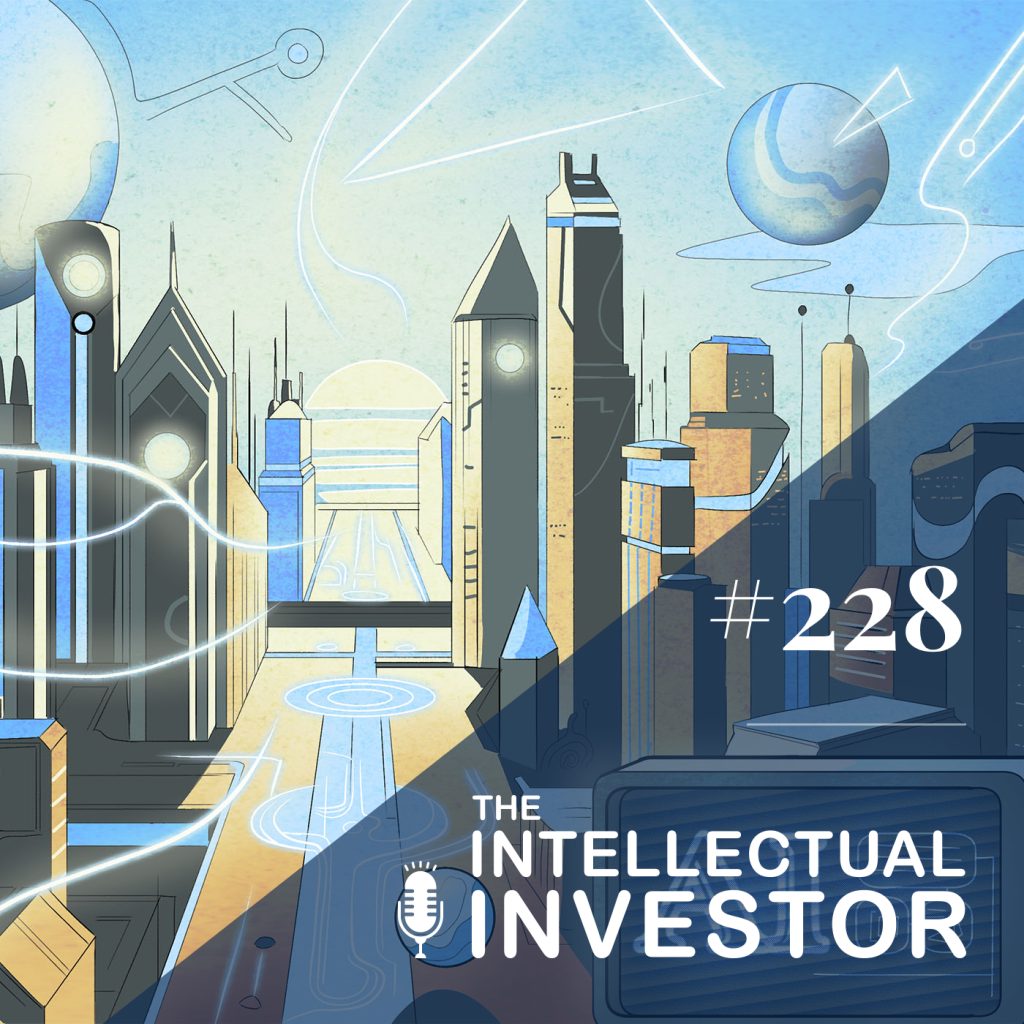
 The Intellectual Investor – Value Investing by Vitaliy Katsenelson
The Intellectual Investor – Value Investing by Vitaliy Katsenelson The AI Revolution – Ep 228
Aug 15, 2024
Dive into a riveting discussion on the transformative impact of artificial intelligence. Explore how AI could automate a wide array of jobs, from blue-collar to white-collar sectors. The conversation highlights historical trends in technology and the subtle yet significant progress over the centuries. Discover the societal implications of an AI-driven future, including the necessity for adaptation and the investment opportunities arising from this revolution. Get ready for a thought-provoking look at the future shaped by AI!
Chapters
Transcript
Episode notes

